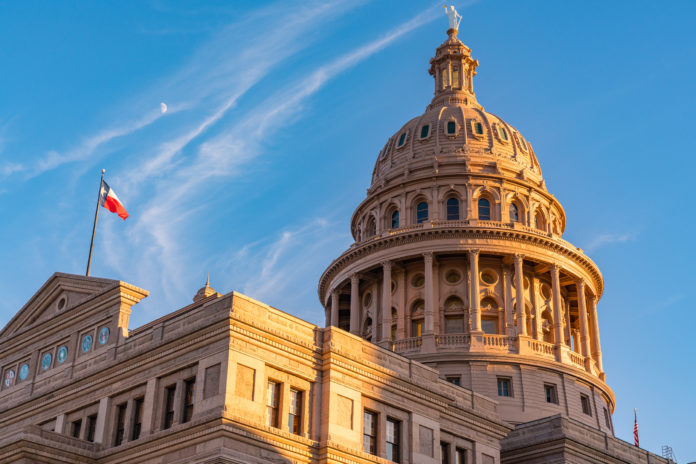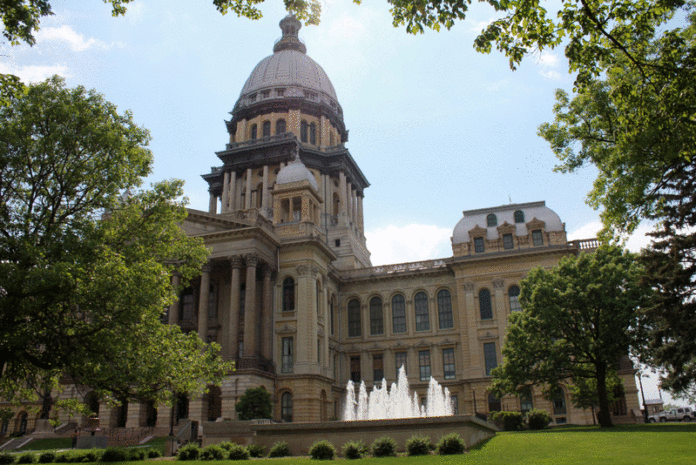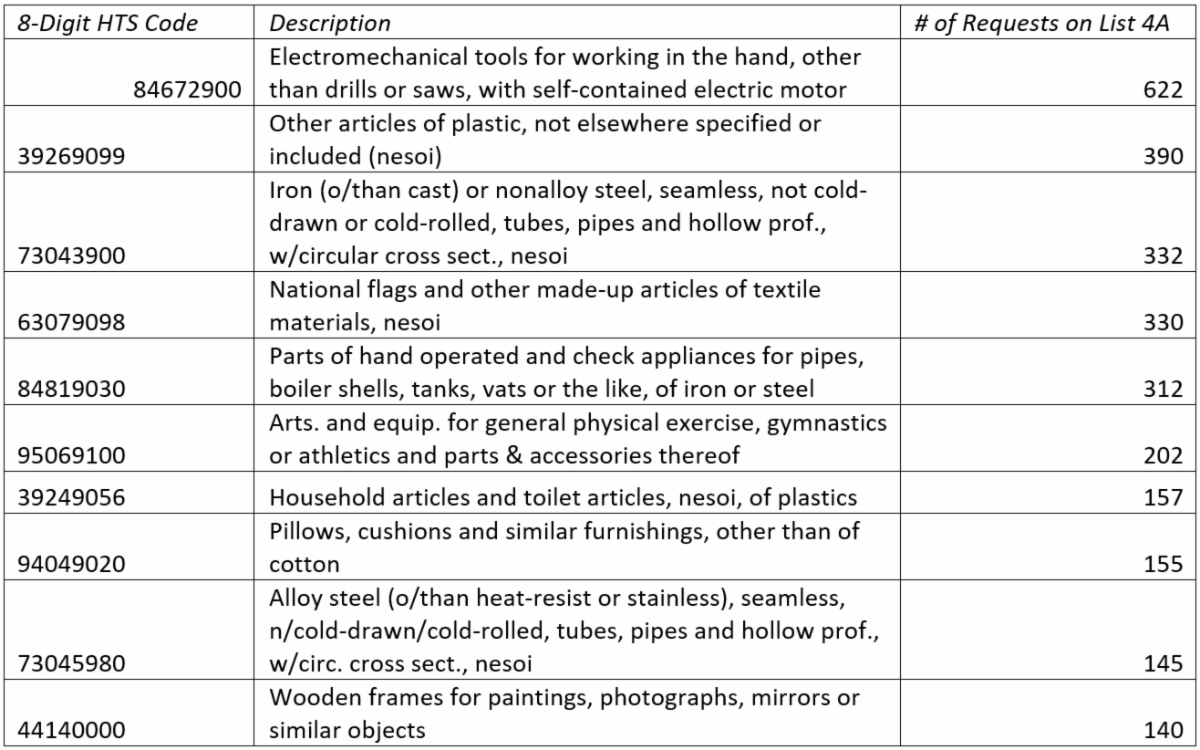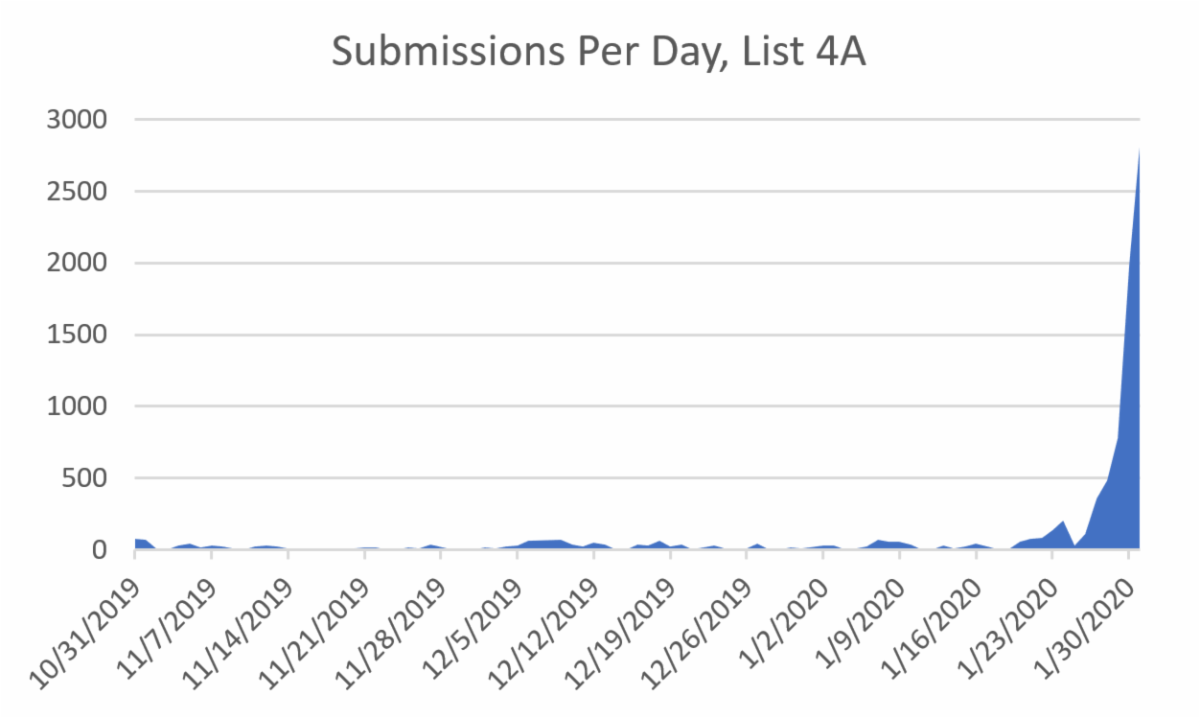The coronavirus pandemic is a global emergency that has the federal, state and local governments scrambling to execute a variety of orders intended to mitigate the damages to both the physical and financial health of Americans.
While the focus of the orders has been on limiting Americans’ ability to work and move about freely, the Trump Administration, along with many of the country’s governors and mayors, has temporarily lifted regulations to clear the way to expedite manufacturing of PPE, distribute potential COVID-19 treatments, and encourage commerce while prioritizing safety. The temporary lifting of many of these regulations has resulted in trending topic in social media, #neverneeded. This trend points out temporary regulatory relief that many believe would make sense permanently. The following is a sample of just some such regulations that have been temporarily lifted:
FDA drug approval: Perhaps the most controversial of these actions is the President’s push to the FDA to approve the use of chloroquine and hydroxychloroquine, an anti-malarial treatment, for the treatment of COVID-19, before clinical trials of the treatment have been exhausted. Doctors must advise patients that the treatment is not proven and that the potential side effects are still unknown. Doing so allows the cocktail to be prescribed now, as opposed to an estimated year and half for the standard FDA approval process.
In Texas, we already have a “right to try” law for patients to receive unproven treatment options with their consent. Will the COVID experience result in other states adopting similar policies?
Occupational licensing: Many states have lifted regulations that stand in the way of health professionals obtaining occupational licenses, many of which offer reciprocity to licensed medical professionals from other states. And, in an effort to keep patients at home, many states have also relaxed their regulations regarding the practice of telemedicine. This American Association of Medical Colleges chart outlines which states have relaxed licensing regulations in response to the COVID emergency.
Telehealth: The Federal Government, in an effort to encourage Americans to stay at home, has lifted restrictions to allow practitioners to be reimbursed for increased Medicare reimbursements for telehealth appointments.
Trucking: The federal government has lifted regulations regarding mandatory breaks and travel time for commercial truckers. The regulations were adopted in 1938 and intended to minimize driver fatigue and fatalities. But with grocery stores and manufacturers running short on supplies for household essentials and PPE equipment, the federal government decided to lift these restrictions so these essentials can be delivered to market more quickly. And many states, including Texas, have extended this moratorium to intra-state travel. The trucking industry has evolved over the past 70 years, and for the duration of the national emergency, we’ll get the chance to see if these restrictions are still needed. Should the truckers manage to operate under expanded restrictions without an increase in accidents, governments should consider making these changes permanent.
Food and Beverage sales: In Texas, one of the first restrictions temporarily lifted by Governor Abbott was to allow restaurants with a mixed beverage permit to sell beer, wine, or mixed drinks for delivery, as long as they are accompanied by food purchased from the restaurant.
To further help restaurants, the Governor signed a buy-back waiver that allows alcohol distributors and manufacturers to repurchase excess inventory from restaurants, bars, and clubs affected by event cancellations due to COVID-19.
And finally, restaurants are allowed by the Governor’s emergency order to allow bulk food items to be sold via drive-thru, delivery, pick-up, and curbside service.
UPDATE: June 29, 2020
As the country is still fighting the COVID-19 pandemic, there are signs that some of these regulations that were temporarily lifted to provide flexibility for businesses to do business during a quarantine may become permanent.
- On June 20th, Texas Governor Greg Abbott tweeted that he is supportive of a push by Texas restaurants to permanently allow “alcohol to go”.
- To increase the use of telemedicine, New York, New Jersey, Rhode Island, Missouri, South Carolina, and Florida are considering legislation this year that would enjoin them with the Interstate Medical Licensure Compact (IMLC), which allows physicians to offer cross-state care by streamlining the process for physicians to obtain multistate licensure.
- On May 1, Texas Congressman Chip Roy introduced the Coronavirus Regulatory Repeal Act that would permanently repeal or modify any regulation that was temporarily waived as a response to COVID-19. Introducing the bill, Roy stated “If these regulations weren’t needed during a time of crisis, it raises the question why they were needed in the first place. For example, HHS modified HIPPA requirements that prevented doctors from using telemedicine from non-HIPPA compliant apps, like FaceTime or Skype.”
- In similar action, President Trump issued an Executive Order on May 19th that directs federal agencies to review regulatory barriers that may be permanently removed.
- Seven states, most recently Iowa, have already passed a universal license regulation law that allows workers to use the training and skills they already have without additional red tape.
- Americans for Tax Reform has a comprehensive list of federal and state regulations that have been waived in response to the coronavirus. As of today, that list includes 715 federal and state regulations, encompassing virtually every aspect of our economy, including, for example healthcare, environment, retail, food services, and childcare.








































